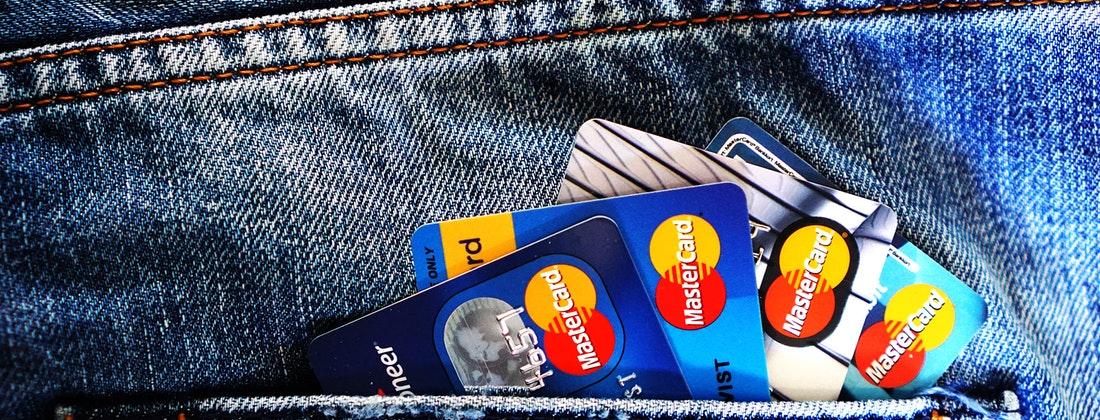
Consequences of A Bad Credit Score: What You Need to Know About Your Credit
Your credit score is a three-digit number that lenders use to determine how likely you are to repay debt. If you have a "good" credit score, i.e. one that is 700 or higher, you probably have no reason to worry. On the other hand, if you have a "bad" credit score of 580 or less, you may encounter a wide range of problems. Make sure to check your credit score regularly so you always have a complete picture of your financial situation. Credit Sesame can give you change alerts and credit monitoring for that very reason.
Now, let's take a look at five consequences of a bad credit score, along with ways to avoid these issues.
1. High-Interest Rates
If you have a bad credit score, lenders may view you as a risk. As such, these financial institutions may charge you a higher interest rate than others on a credit card or loan. This means the more money you borrow from a lender, the more you will have to pay in interest.
2. Security Deposits on Utilities
Utility companies typically will check your credit score before they open a new account. If your credit score is bad, you may be required to pay an upfront security deposit.
3. Limited Cell Phone Service Options
Most cell phone companies will conduct a credit check to determine whether you are capable of making monthly payments on time. If a cell phone company decides your bad credit score makes you too much of a risk, your options may dwindle. In this scenario, a cell phone company may offer a prepaid cell phone or month-to-month service contract. Or, it may reject your request for service.
4. High Insurance Premiums
Getting insurance for your car, home or other valuables may prove to be costly, particularly for those with a bad credit score. Most insurance companies perform a credit check prior to offering coverage. If you have a bad credit score, you risk high premiums. Perhaps even worse, an insurer may deny your application.
5. Trouble Starting Your Own Business
For those who want the financial independence that goes along with running your own company, getting started may be tough without a small business loan. Meanwhile, lenders may limit the amount they'll loan you based on your credit score. And if you have a bad credit score, you might struggle to get the financing you need to launch your company.
Clearly, there are significant consequences associated with a bad credit score. Lucky for you, there are many ways to improve your credit score, including:
- Review Your Credit Reports: You are entitled to a free copy of your credit report annually from each of the three reporting bureaus (Equifax, Experian, and TransUnion). Take advantage of this perk, and if you find mistakes on any of your credit reports, contact the bureau that provided the report immediately.
- Pay Off Outstanding Debt: The sooner you pay off credit card statements, past due bills and other outstanding debt, the sooner you can raise your credit score. Analyze your outstanding debt, and you can make a plan to pay it off.
- Establish Payment Reminders: With payment reminders in place, you can keep track of monthly bills. Also, you may want to set up recurring payments on cable, phone, and other monthly invoices to ensure these bills are always paid on time.
Use these tips, and you can avoid the consequences of a bad credit score.
